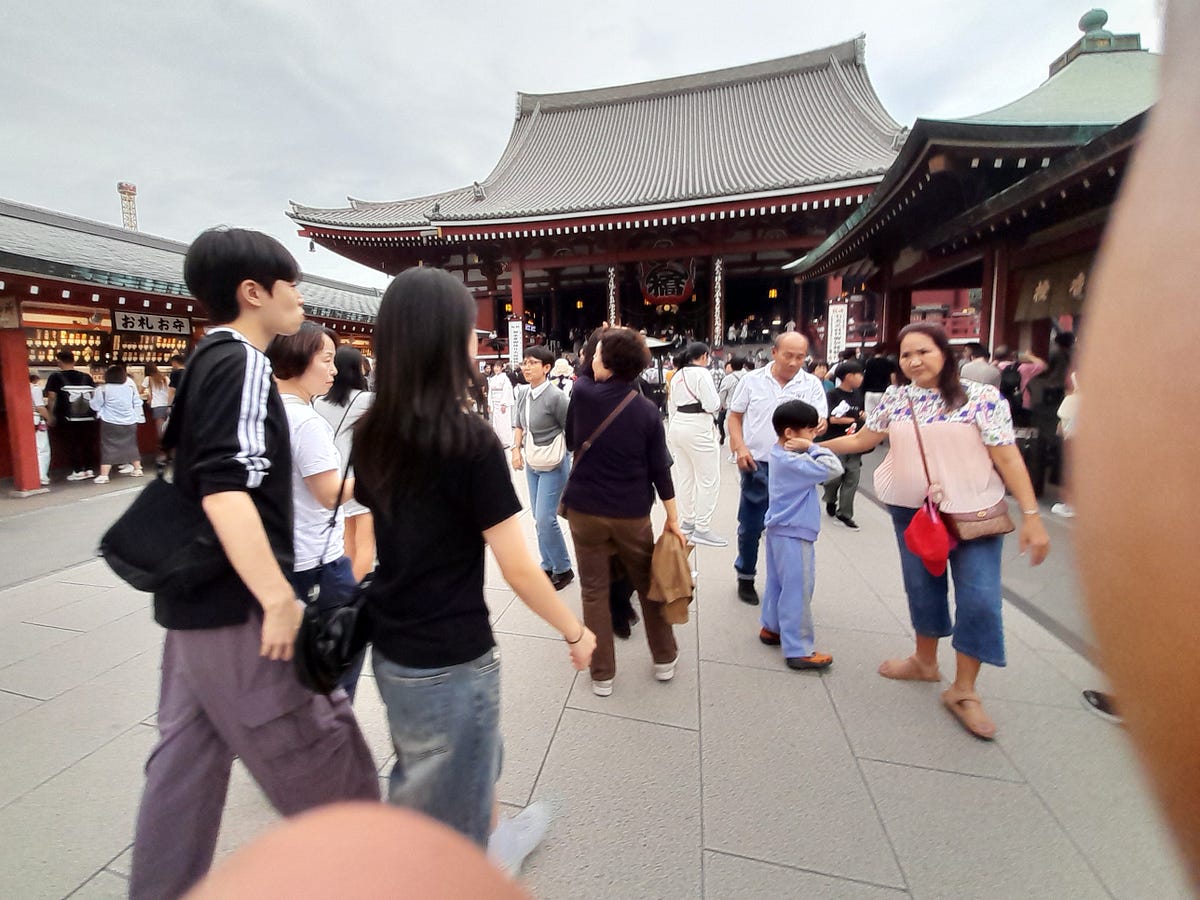A Personal Journey to Japan: Confronting Family History and Cultural Perceptions
This is a personal travel narrative reflecting on the author's anticipation and initial thoughts about visiting Japan.
The author shares their childhood understanding of Japan, primarily influenced by fictional characters like Ultraman and Oshin, and the real-life presence of the Yakuza. This exposure sparked their interest in the country, further fueled by their grandfather's insistence on visiting Japan.
The narrative then shifts to address a sensitive family history related to Japan's wartime occupation of Malaya. The author reveals a stark contrast in perspectives within their family, highlighting their late grand uncle's deep resentment towards Japan due to personal experiences and wartime atrocities, while their grandfather held a more neutral stance.
The author briefly touches upon the period of Japanese administration in Malaya (1941-1945), acknowledging the lasting impact of their actions and the haunting memories associated with that era.
The content concludes by setting the stage for the author's personal journey to Japan, where they intend to reconcile their preconceived notions with the reality of experiencing the country firsthand.
Tilpas resumé
Genskriv med AI
Generer citater
Oversæt kilde
Til et andet sprog
Generer mindmap
fra kildeindhold
Besøg kilde
medium.com
Chasing Fujisan
Vigtigste indsigter udtrukket fra
by Natasha Mh kl. medium.com 10-23-2024
https://medium.com/ellemeno/chasing-fujisan-106209a14547
Dybere Forespørgsler
